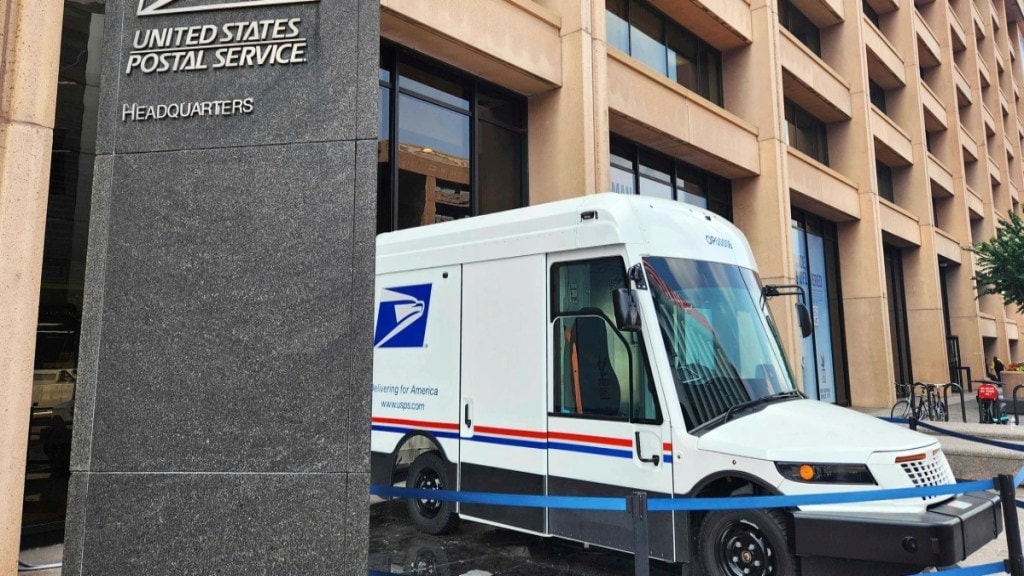India’s Department of Posts announced on Saturday, August 24, that it would temporarily suspend international postal services to the United States beginning Monday, with only letters, documents and gift items worth less than $100 permitted. The decision mirrors moves by several European countries, as postal operators grapple with major changes to US customs rules that come into effect later this month.
The suspension follows Executive Order No. 14324, signed by US President Donald Trump on 30 July 2025, which withdraws the long-standing de minimis exemption. This exemption, in place for nearly a century, had allowed imported goods valued at $800 or less to enter the US without duties.
European operators follow suit
India is not alone. A number of European countries have taken similar steps.
According to Washington Post, Germany’s Deutsche Post and DHL Parcel said they would temporarily suspend parcels sent by business customers to the US, although DHL Express services remain unaffected. In Belgium, the national operator bpost suspended shipments containing merchandise from Saturday. Spain’s Correos announced it would not accept packages worth $800 or less from Monday. Also, in France La Poste warned that unless procedures were clarified soon, European postal operators might be “forced to temporarily suspend” shipments of goods to the US. Britain’s Royal Mail said it would pause deliveries for a short period while adapting its systems. It emphasised that it had been “working hard with US authorities and international partners to meet the new requirements”. PostEurop, the association representing 53 European postal operators, issued a statement saying that “critical issues and processes, such as duties collection and data sharing with US authorities, remain unresolved”, according to a Washington Post report.
How tariffs will be applied?
According to the executive order, tariffs will now apply on the basis of a country’s existing trade relationship with the US. Countries facing tariffs of 15 per cent or less will see each parcel charged an additional $80. Those facing tariffs between 16 and 25 per cent will incur an extra $160 per parcel. Countries facing tariffs of more than 25 per cent will pay an additional $200 per parcel. This means Indian goods sent to the US may face duties far above the actual value of the contents, especially for low-value items.
Letters, documents and personal gifts worth under $100 remain exempt, though operators such as DHL have cautioned that parcels declared as “gifts” will be subject to stricter checks to prevent abuse of the exemption.
End of the de minimis exemption
The de minimis rule, derived from a Latin phrase meaning “too small to be considered”, was introduced by Congress in the 1930s and later adjusted over the decades. In 2016, under former US President Barack Obama, the threshold was raised from $200 to $800.
The exemption proved a significant boon for small businesses and consumers, particularly those buying cheaper imports from China. It also supported e-commerce platforms and family-run businesses in sending parcels without incurring high duties.
The Trump administration began dismantling the system earlier this year. In May, it excluded China and Hong Kong from the rule. The latest executive order extends the removal of the exemption to all countries, effective 29 August 2025. From then, almost all low-value parcels will be subject to US customs duties.
India’s response
India’s Department of Posts said that, given the lack of clarity from US Customs and Border Protection (CBP), it had no choice but to suspend most mail services to America. Items not affected by the order such as documents and small gifts under $100 will still be accepted.
Officials noted that CBP had only released preliminary guidelines on 15 August, leaving little time for foreign postal services to adjust. Questions remain about the designation of “qualified parties” authorised to collect duties, and about how those duties should be remitted.
Uncertainty for consumers and businesses
The suspension is expected to cause disruption for consumers and small businesses alike. Buyers in the US could see delays in deliveries as well as higher costs. A package once exempt from duties could now face an $80 tariff, even if its value is far less.
For exporters in India, particularly small traders and e-commerce sellers who rely on inexpensive shipments, the change represents a serious challenge. Many may have to reconsider their pricing structures or even their ability to serve US customers.
Postal operators have stressed that the suspension is not intended to be permanent. “Everybody hopes that there will be a solution soon,” said Botond Szebeny, secretary general of PostEurop. “It is not the idea to have a permanent embargo.”
However, until the US provides clearer implementation details, many international postal services are unlikely to resume shipments.
For now, letters and small gifts will continue to travel across borders. But for most goods, the world’s largest postal networks are waiting for Washington to sort out the fine print.

